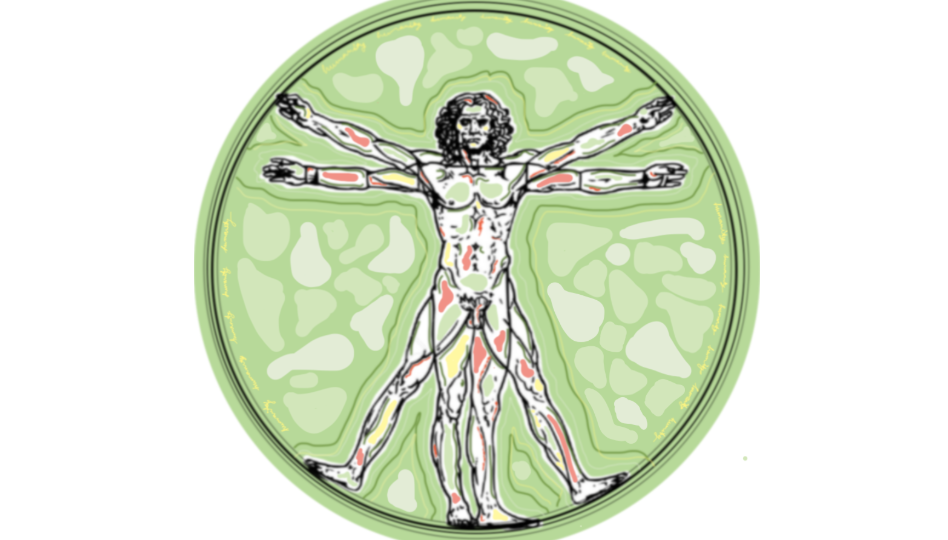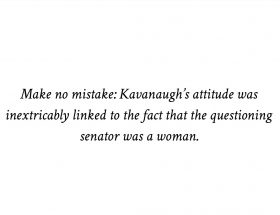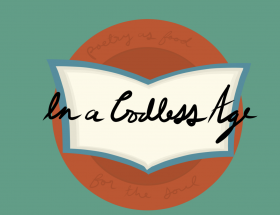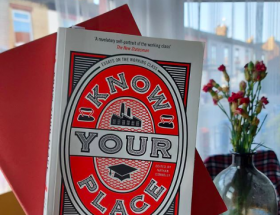Humanity has become a rather complex term to define. There are constant divisions about what humanity needs to be and what it should be perceived as. A dictionary defines this term as “the human race” and “the fact or condition of being human.” While this sounds rather simple, it has become complicated that the fact or condition of being human has arisen with several implications that have been in question for decades by the human race through the form of government, coalitions, activist groups, religion, etc.
As humans, it has become customary for us to rely on the decisions and opinions of others for our own wellbeing. Humans rely on the government to ensure that they are protected and safe within their country’s boundaries from any potential harm. Coalitions are organized groups that share certain values and often advocate for human rights. Activist groups, like many coalitions, use their voices and platforms to raise awareness and shed light to certain issues like LGBTQ+ rights, women’s reproductive rights, migrant and refugee rights, etc. Finally, many religious groups advocate that the groups mentioned above acknowledge each human being’s worth and dignity.
The shift in humanity is one that many believe should hardly change especially as the value of a human being cannot be interchanged for something better. It is something that each human has regardless of the conditions they may be growing up in. Unfortunately, this belief is one that cannot be universal. For decades and even centuries, the equal worth of every individual has been altered in several ways and marginalized to prefer certain humans over others. This preference has been seen in the way of race, gender, sexuality and status. Grouped together, all human beings are not regarded in an equal manner. This is something that has become greatly problematic and has caused an uproar worldwide. Universally, the world’s leaders have gathered to shed light on the continuous issues that have arisen since the 20th century. In 1948, the effort for the world’s nations to come to an agreement about how humanity should be perceived was adopted by the UN General Assembly as the Universal Declaration of Human Rights (UDHR). This document set forth international norms regarding behavior by governments toward their own citizens and foreigners alike (Goldstein and Pevenhouse). While this document enacted these international norms, it did not have the effect of international law.
While the UDHR didn’t have the force of international law, it noted that “all humans are born free and equal with no regard to race, sex, language, religion, political affiliation, or the status of the territory in which they were born.”
With the rise of several social movements within the 21st century, it is often difficult to remember that most nations came together in 1948 to address the worldwide pressing issues that led them to create a declaration. While institutionally, the world’s leaders have recognized the freedom and equality of every human individual, it continues to be their responsibility as leaders to uphold these values on which they agreed in 1948. Many have become disheartened with the continuous current events that plague marginalized communities whose voiceless at times seem powerless. Regardless of location, each human’s feelings and concerns are valid and must, therefore, be heard and acknowledged. The world is aiming to move forward, not backwards– it takes all hands on deck to do so.
These events in which other individuals are experiencing discrimination, harm, violence, mistreatment are happening in developed and underdeveloped nations. It is a global issue that deserves to continue gaining attention. Immigrants need to be regarded in a welcoming manner in which the receiving nations see the conditions in which they are fleeing. Violence needs to be controlled thoroughly and hate crimes, groups, and individuals need to be more accounted for by each nation’s institutions. Women need to continue being regarded with respect, dignity and justice in all that they do and desire. The issue of color and race needs to continue to be addressed. Each person is born free and equal meaning no one is better or more worthy than another. There are circumstances that may make a person better off economically, financially or socially, but the color of one’s skin, gender or sexual orientation should not continue to be one of these factors. Anyone is capable and worthy of becoming successful and making it in this world.
With so much negativity in our daily news, there needs to be this continuous reminder that free and equal individuals make up the human race. By belonging to this Earth, it is within our responsibility to protect not only our home, but also the people that reside on it. While there is still a long way to go, the small victories essentially contribute to the big ones. There is only one opportunity to be on this planet and the way we treat it and others will continue to pave the way for how humanity will continue to be regarded and treated in the years to come.
art by Alcira Hava




